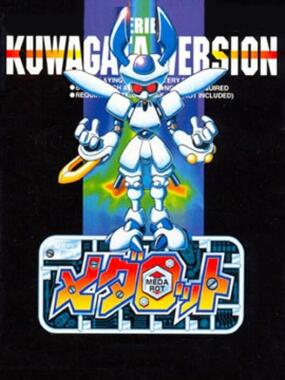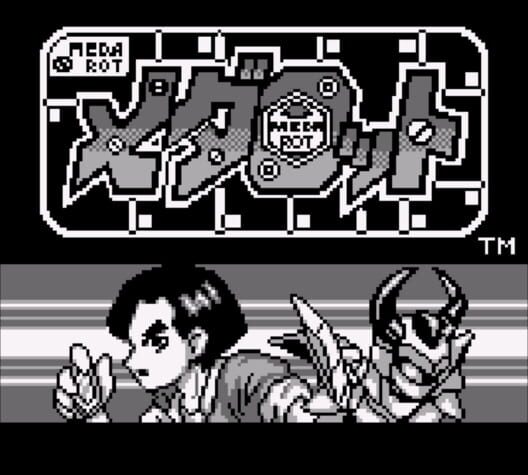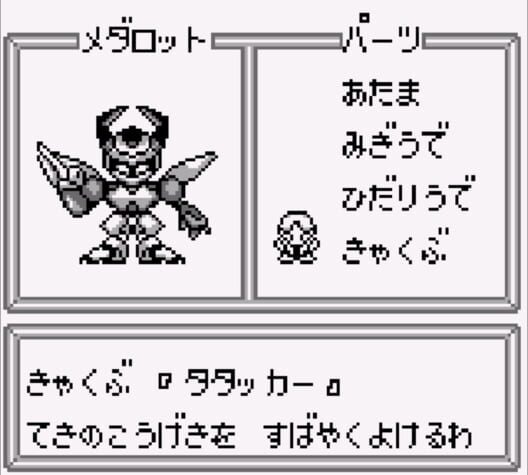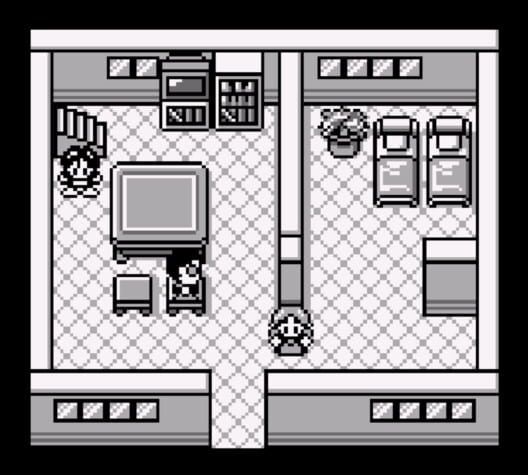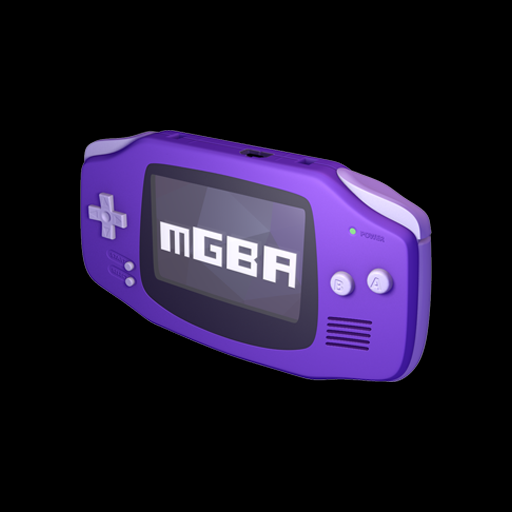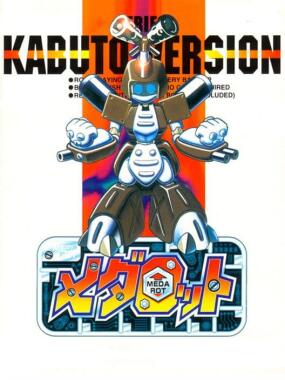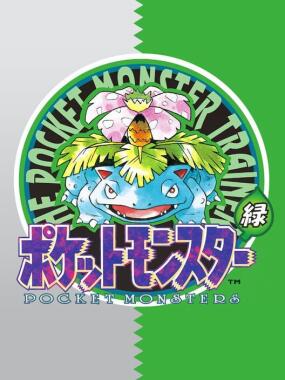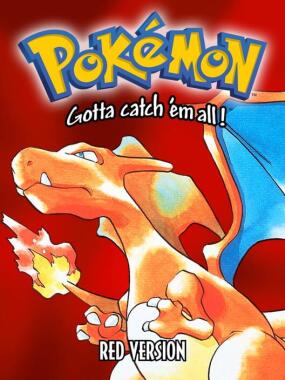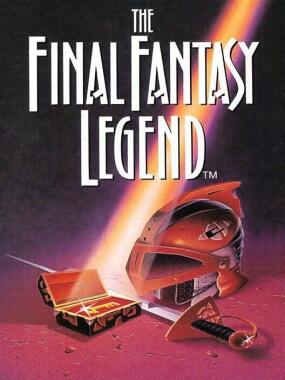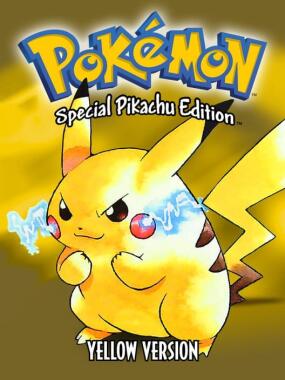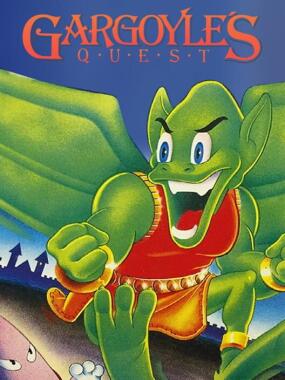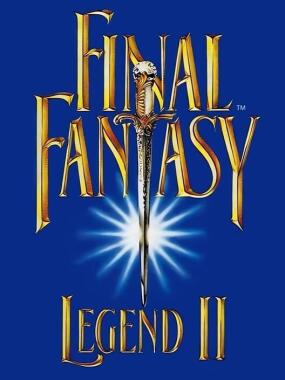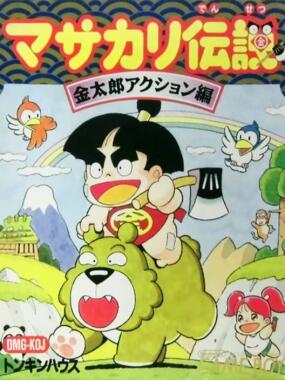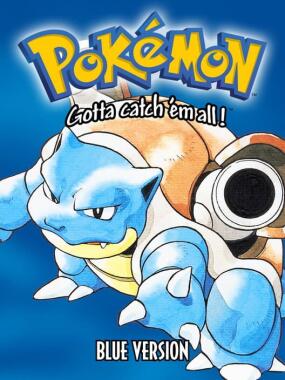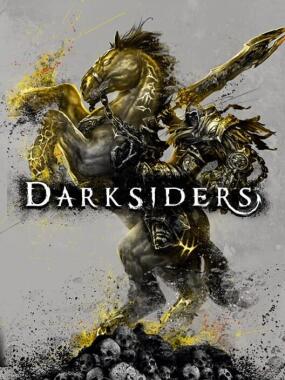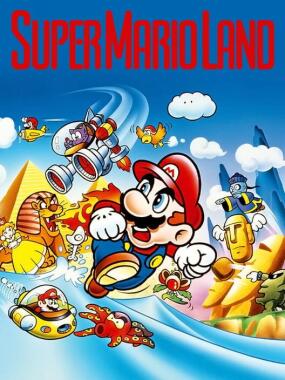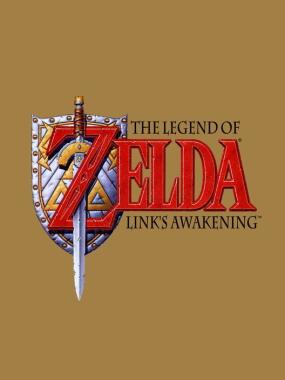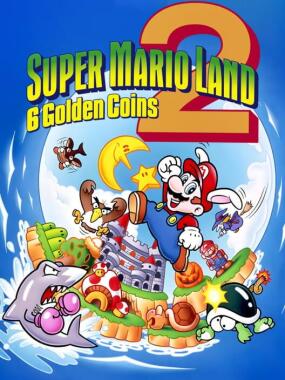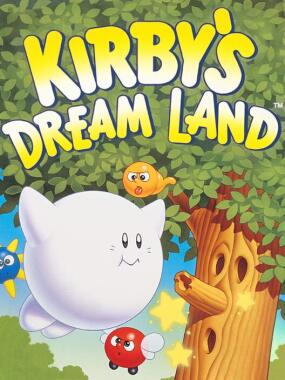Medarot: Kuwagata Version 
- ~
- Share
Medarot: Kuwagata Version is a part of the Medarot franchise, having its first release in 1997 as a role-playing game for the Nintendo Game Boy. The plot involves the protagonist, Hikaru Agata, on a mission to win Robottle tournaments while battling the malicious Roborobo Gang. The game, fashioned after the monster-collecting trend of its era, was launched in two editions: Kabuto and Kuwagata. The player is assigned a starting Medarot—Metal Beetle in Kabuto and Head Scissors in Kuwagata—with exclusive Medarots and Medals attainable in specific versions. There were no English releases of the game. When playing on a Game Boy Color, Medarot 1's monochrome game only offers a basic palette support while offering a border and more colors on a Super Game Boy. In 1999, Medarot Perfect Edition, a "director's cut" version of the game, was released on the Bandai Wonderswan system in Japan. The game was monochrome and came in two versions. The same year saw the launch of the direct sequel, Medarot 2, for the Game Boy.
Time to Beat
Main Story 10h 54m
Main + Extras 13h 34m
ttb_all 12h 15m
Release Date
Nov 28, 1997
27 years ago
GB Core Required
Medarot: Kuwagata Version Game Wiki
Experience Medarot: Kuwagata Version Game (USA) online wiki exclusivly at RetroSpot.net. View Medarot: Kuwagata Version and use it with an core of your choice. Medarot: Kuwagata Version is compatible with PC, Mac, iOS and Android. RetroSpot is USA #1 choice for Retro Game information for games like Medarot: Kuwagata Version.
